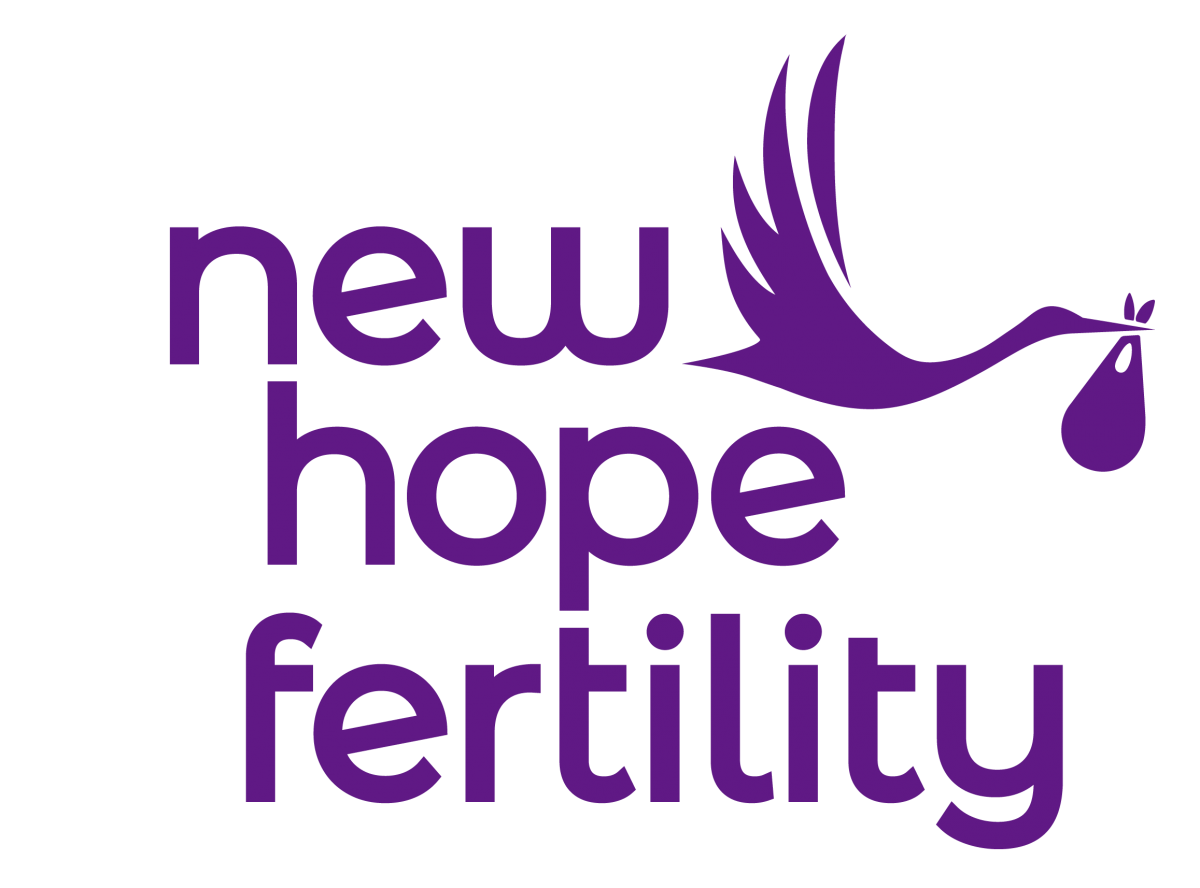If you are at the point of exploring advanced IVF procedures, you’re probably already familiar with the general concept of in vitro fertilization (IVF), the process where a human egg is fertilized with sperm in a laboratory setting and then implanted in a woman’s uterus. If the implantation procedure is successful, the woman becomes pregnant.
While the process of IVF sounds simple, there are several types of IVF, each with its own procedures. The purpose of this article is to familiarize you with some of the IVF methodologies that you might not be aware of, as well as to introduce some of the cutting-edge technologies that doctors are using today to help their patients realize their dreams of becoming parents.
Types of IVF
Traditional IVF Treatments
When most people hear the term IVF, they think of the most well-known traditional IVF-related treatments, which include:
- ICSI (Intracytoplasmic Sperm Injection)
- IVF with Donor Eggs or Sperm
- Mini IVF (minimal stimulation IVF)
- Natural Cycle IVF
However, along with conventional approaches to IVF, there are a number of advanced IVF procedures that, if appropriate, can be used in conjunction with in vitro fertilization to improve a woman’s chances of having a healthy pregnancy.
Advanced IVF Treatment
Preimplantation Genetic Testing (PGT)
Preimplantation genetic testing is undertaken after the embryo is created in the lab but prior to implantation. The healthcare provider takes a biopsy of the cells from in vitro fertilized embryos. These cells then undergo testing for the existence of genetic abnormalities, such as a missing or an extra chromosome like what is found in Down syndrome, a single gene disorder (like sickle cell anemia), or the rearrangement of genes, which can cause pregnancy loss and birth defects. This testing procedure is often selected by women who have experienced miscarriages in the past.
Cryopreservation
Cryopreservation, also known as embryo freezing, is the process of freezing and storing fertilized eggs. This is a way to preserve options for pregnancy later in life. Vitrification is considered the most effective option as the fertilized eggs frozen with this procedure have a 99% survival rate.
Blastocyst Culture
In a typical IVF procedure, fertilized eggs are implanted two or three days after egg retrieval. With the blastocyst culture procedure, implantation does not occur until the fifth or sixth day after egg retrieval and fertilization. Culturing the embryo in the lab until the cells reach the blastocyst stage and then implanting them in the uterus increases the chances for implantation as the process more closely mirrors what occurs in natural conception.
IVF for Older Women
Since women are born with all of their eggs, their eggs age along with them. Over the years, the natural process of aging, along with environmental damage, decreases egg quality. In turn, the chances of having a successful pregnancy decrease as well. However, if a woman undertakes steps to preserve her younger eggs, she greatly increases her chances of getting pregnant later in life. IVF following egg preservation is an option for many older women who would otherwise have difficulty getting pregnant due to aging eggs. In fact, as long as the egg is young, even women over 40 can successfully become pregnant.
Advanced Fertility Treatments
The science around fertility is constantly evolving, and women today have more options than ever when it comes to fertility treatments. Some of the advanced fertility treatments available today include the following.
Egg Freezing
Egg freezing, also known as oocyte preservation, is a technique to preserve a woman’s eggs. The eggs are retrieved from the woman’s ovary and then frozen to be used at a later time. Egg freezing is a great option for women who wish to preserve their fertility at an age when their eggs are most viable. It’s recommended that women take steps to preserve their eggs while in their 20s and early 30s.
Ovarian Rejuvenation
Ovarian rejuvenation is the process of stimulating a woman’s ovaries to induce follicle growth and enhance egg production. Platelet-rich plasma, a concentrated solution of growth factors and cytokines from the woman’s own blood is introduced into the ovaries and uterine cavity to stimulate cellular rejuvenation and blood flow. This is a natural and effective way to enhance fertility.
Innovations in Embryo Selection
With today’s technology, fertility experts can assess an embryo’s genetic makeup and sex, offering patients the ability to participate in their own family’s planning and balancing fully. In IVF scenarios where there are multiple quality embryos deemed suitable for implantation, parents can request which sex is to be transferred during the fresh IVF cycle.
Fertility Preservation for Cancer Patients
Many women who have been diagnosed with cancer choose to undergo fertility preservation treatments, such as egg freezing, before undergoing radiation therapy or chemotherapy. With cutting-edge methods such as vitrification, a way of flash-freezing eggs to prevent the formation of damaging ice crystals, women seeking reproductive tissue preservation can bank healthy eggs prior to medical treatments that may affect their fertility.
New Hope Fertility Is Your Guide to Finding IVF Options
No matter where you are on your family planning journey, the caring fertility experts at New Hope Fertility can help. We are knowledgeable about all the latest advanced IVF procedures and are here to guide you through the entire process.
From maintaining the highest medical, scientific, and academic standards to supporting you through every stage of your journey to parenthood, we are dedicated to providing you with individualized and compassionate care. For more information on how New Hope Fertility can guide you through your IVF and other fertility options, please contact us online or call us at (347) 913-1640 today.

